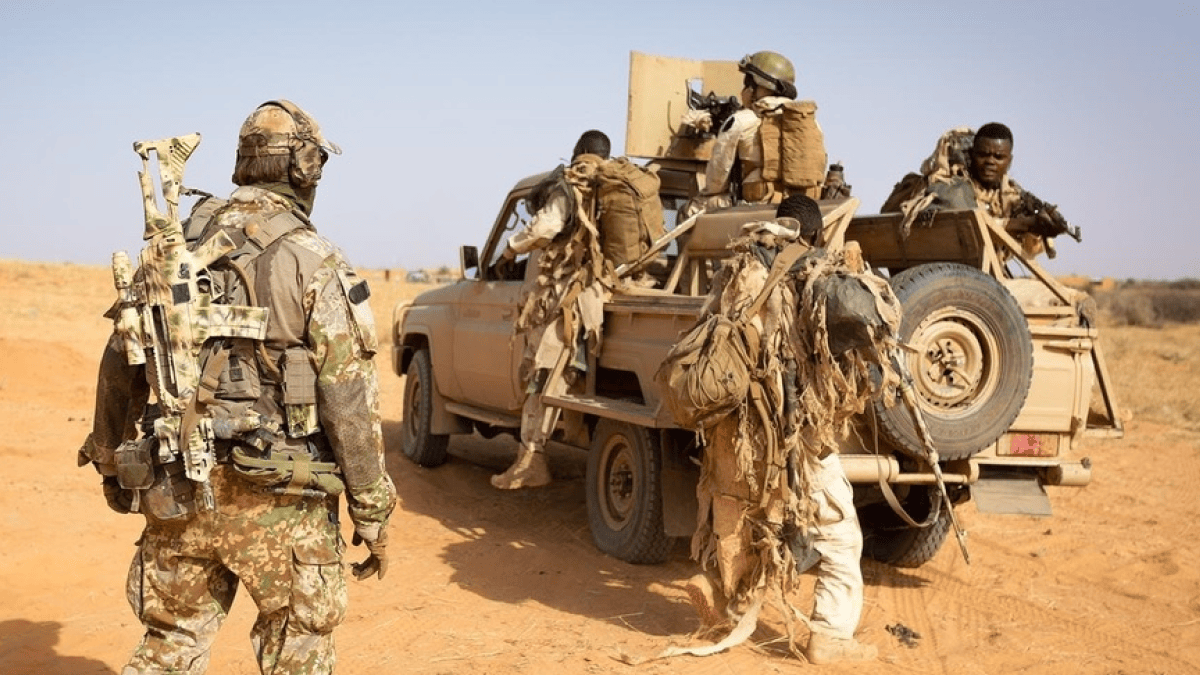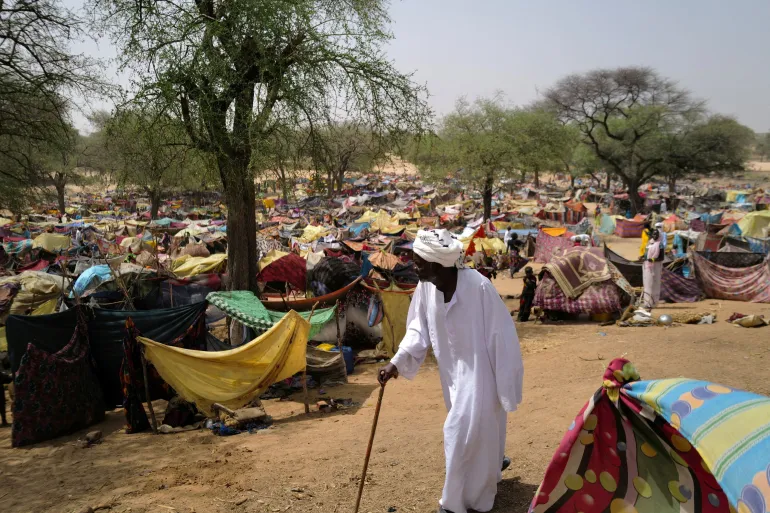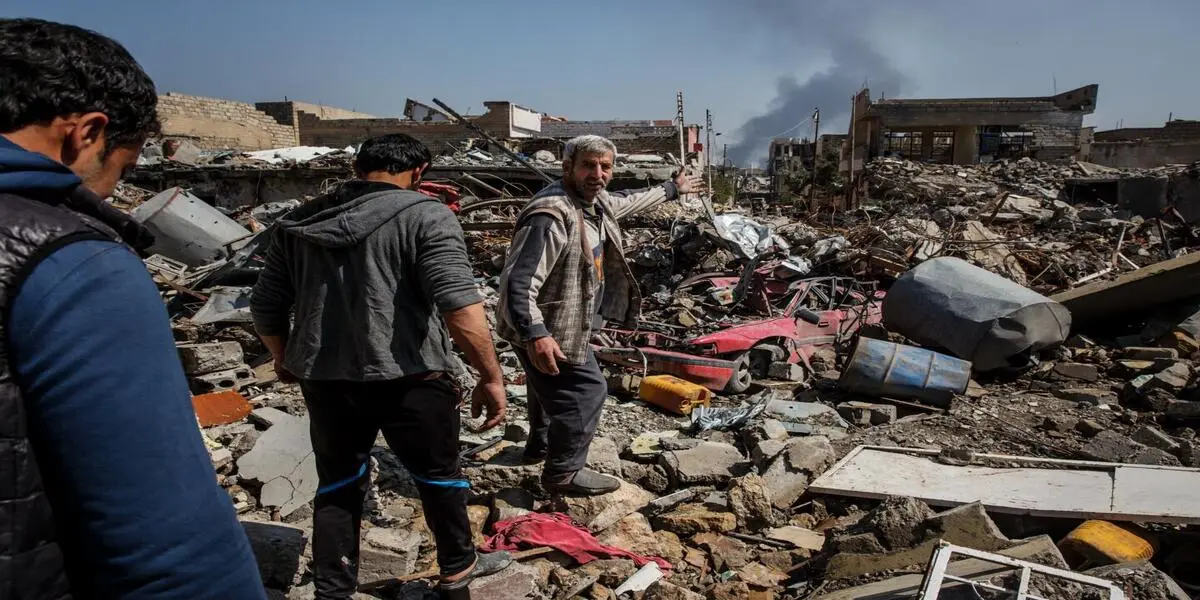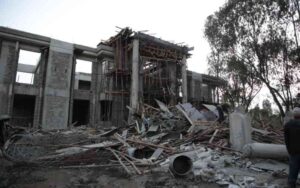This year marks the seventy-fifth anniversary of the Geneva Conventions and the twenty-fifth anniversary of resolution 1265 (199), which introduced the protection of civilians as an item on the United Nations Security Council’s agenda. However, the world is bearing witness to warring parties’ selective application of international law, leading to the record-breaking displacement of 110 million people globally due to conflict and human rights violations while the United Nations alone recorded more than 33,000 civilian deaths in armed conflict in 2023, up by 72 percent from 2022.
This stark reality is a reminder that the world needs to go above and beyond to protect civilians against harm. Speaking during the Security Council 9632 meeting, Joyce Msuya, Assistant Secretary-General for Humanitarian Affairs and Deputy Emergency Relief Coordinator, pointed out incidents of violence against medical workers, facilities, equipment, transport, and patients.
“And, if it is to have any real meaning for the millions of civilians affected by conflict, it is time to go above and beyond compliance: to strive for the full protection of civilians against the full range of harms they are suffering on our watch,” she emphasized.
The conflicts in Gaza, Sudan, the Democratic Republic of the Congo, Myanmar, Nigeria, the Sahel, Somalia, Syria, and Ukraine have exposed the glaring gap in the international communities’ enforcement of international laws.

Alice Wairimu Nderitu, Under-Secretary-General and Special Adviser to the Secretary-General on the Prevention of Genocide voicing alarm about what is happening in Sudan, warned: “The situation today bears all the marks of risk of genocide, with strong allegations that this crime has already been committed.” Civilian populations are targeted based on their identity in Darfur and civilians are being attacked and killed because of the color of their skin and ethnicity. Sudan is today the world’s largest displacement crisis with almost 9 million people displaced.
The termination of the United Nations Integrated Transitional Assistance Mission in Sudan (UNITAMS) in December 2023 further exacerbated the crisis in Sudan. The call for peace in Sudan by the Intergovernmental Authority on Development (IGAD), has had little impact thus far due to the body’s in adequate consideration of all available tools within their respective peace and security architectures to urgently protect civilian populations and to create a conducive environment for the peaceful and durable solution of the conflict.

Additionally, the use of famine as a tool of war in the Gaza crisis highlights the significant risk of eradication of basic Human rights in war zones. Mirjana Spoljaric Egger, President of The International Committee of the Red Cross (ICRC) says “When civilian lives are stripped of their worth and important norms that protect civilians are implicitly reduced to mere optional guidance […] then, we lose the proper balance between the military necessity and the humanitarian imperative.” She further asserted that international humanitarian law is not a tool to justify death, endless suffering, and devastation and that People caught in armed conflict need actions, not words.
With the adoption of resolution 1265 (1999), the Council assumed a commitment to protect civilians in armed conflict. “This commitment cannot be simply a dead letter,” the representative of Ecuador said during the council meeting. Only warring parties can stop the fighting, but the international community remains responsible for taking action to protect the civilians.
















